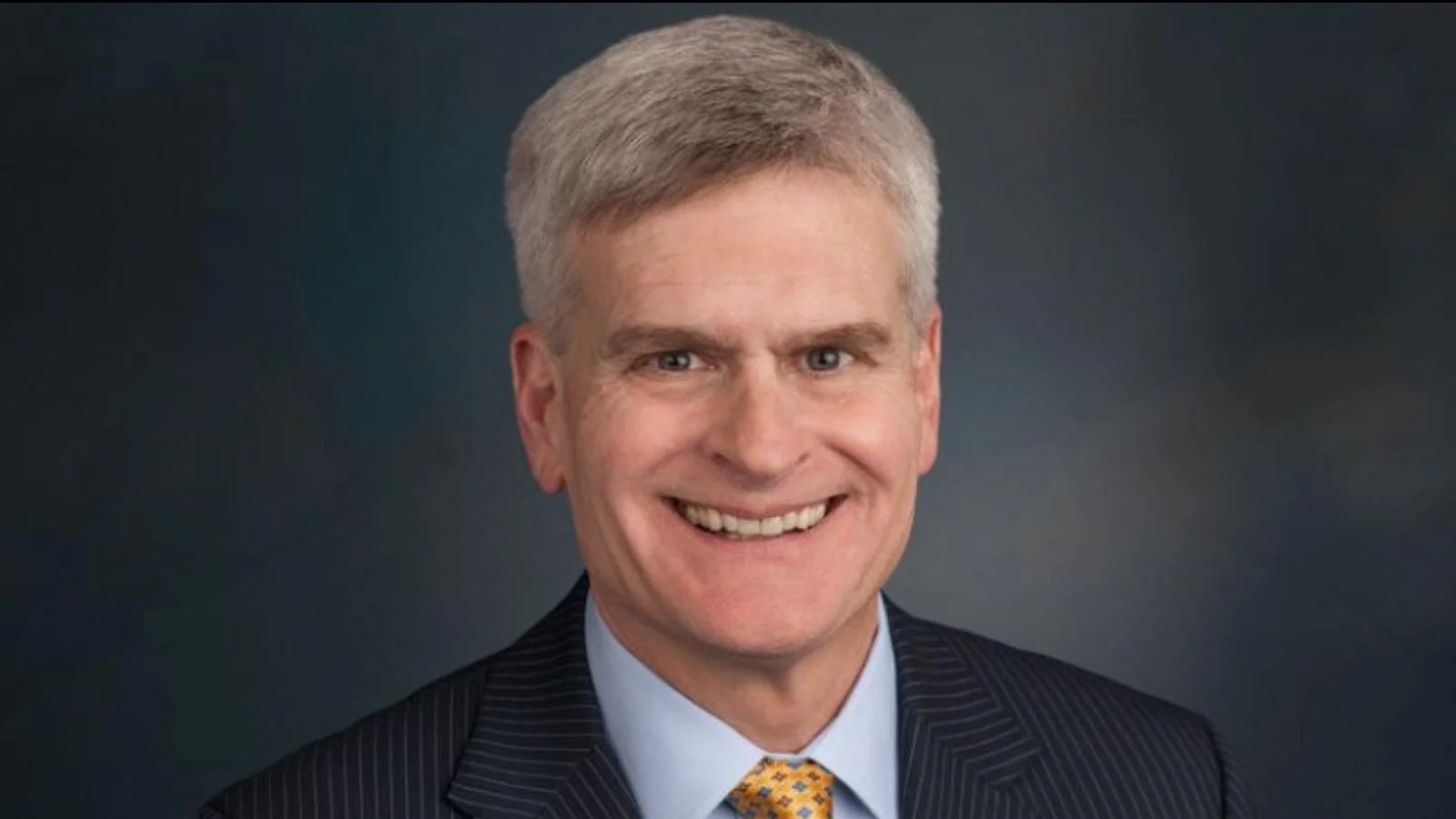The Senate Health, Education, Labor, and Pensions (HELP) Committee has announced significant changes to the U.S. higher education system through the passage of the One Big Beautiful Bill (OBBB). According to Senator Bill Cassidy (R-LA), chair of the HELP Committee, these reforms are intended to address longstanding issues in college affordability and accountability.
“Our higher education system has failed students, workers, and families. Students are graduating with degrees that won’t get them a job and insurmountable debt that they can’t pay back,” said Dr. Cassidy. “President Trump and Republicans delivered historic reforms to lower college costs, hold universities accountable for failing programs, and increase hard-working Americans’ access to opportunities that set them up for success.”
Key elements of the bill include strengthening Pell Grants for low-income undergraduate students and capping graduate loans at levels aimed at controlling tuition prices. The legislation also raises Direct Unsubsidized Loan limits for professional students such as future doctors.
For workers, OBBB introduces Workforce Pell grants designed to help individuals enroll in short-term training programs for in-demand jobs. The bill also streamlines student loan repayment into two plans and reforms income-driven repayment so borrowers making affordable payments can reduce their debts over time.
Families will see support through a $50 per-child reduction in monthly student loan payments under the Repayment Assistance Plan. The bill includes measures to prevent federal loans from funding programs that leave students financially worse off.
The HELP Committee states that its portion of reconciliation saved taxpayers more than $284 billion—more than any other Senate committee involved in this process.
Higher education leaders have commented on the new law’s potential impact:
“Educating and skilling America’s workforce has never been more important than it is today. Sixty plus million Americans with a high school diploma or less lack the skills to gain meaningful employment. With the passage of the One Big Beautiful Bill Act, which now includes Workforce Pell, people across the nation will now have greater opportunities for generations to come. On behalf of the people of Louisiana, we are grateful,” said Dr. Monty Sullivan, President, Louisiana Community and Technical College System.
“Expanding Pell Grants to include short-term workforce training... helps more North Carolinians quickly gain skills, earn credentials, and connect to opportunity. It’s a win for students, employers, and communities across our state,” said Dr. Jeff Cox, President, North Carolina Community College System.
“The passage into law of the Workforce Pell Program after long-sought advocacy by our colleges will allow students looking to quickly jumpstart or retool their professions to access the financial aid they need to do so. We thank the leaders of the education committees for ensuring this important priority remained a part of the final package,” said Jee Hang Lee, President and CEO, Association of Community College Trustees (ACCT).
“President Trump’s “big, beautiful” budget reconciliation bill is now law, marking a watershed moment for higher education policy and renewing the debate about how to evaluate the return on investment of a college degree... Under the new policy framework adopted by Congress, it will no longer be possible for leaders to snub such disclosures. Despite the discomfort it will cause, I am hopeful that this policy transition will restore the public’s trust in higher education through methods like those that Colorado Mountain College — the institution I lead — has employed for more than 10 years,” said Matt Gianneschi, President, Colorado Mountain College.
“More than any other factor, a program having low earnings is the thing that is most connected with the prevalence of students defaulting or struggling to pay down their loans. This is a serious and sensible proposal to establish what I think of as a very necessary accountability in the higher education space,” said Jordan Matsudaira, Director, Postsecondary Education and Economics Research Center at American University.
“Student loan limits, repayment reform, and accountability for colleges will transform the federal role in higher education largely for the better...The reforms enacted in OBBB represent a significant improvement for the student loan program which will better protect students and taxpayers,” said Preston Cooper Senior Fellow American Enterprise Institute.
“This law is most consequential legislation affecting higher education for past couple decades Like any legislation it was product compromise but overall as I predict it move higher education country right direction” said Andrew Gillen Research Fellow Cato Institute.









